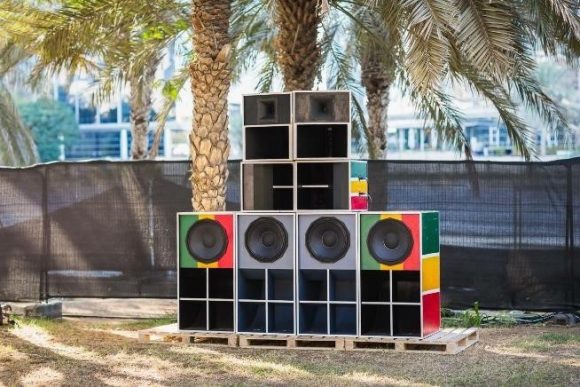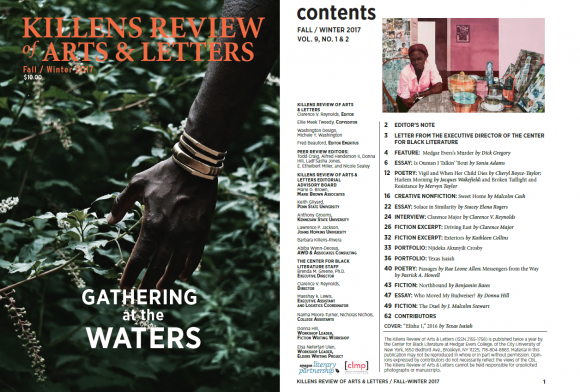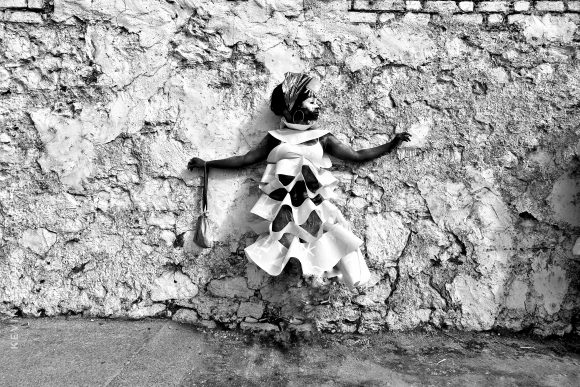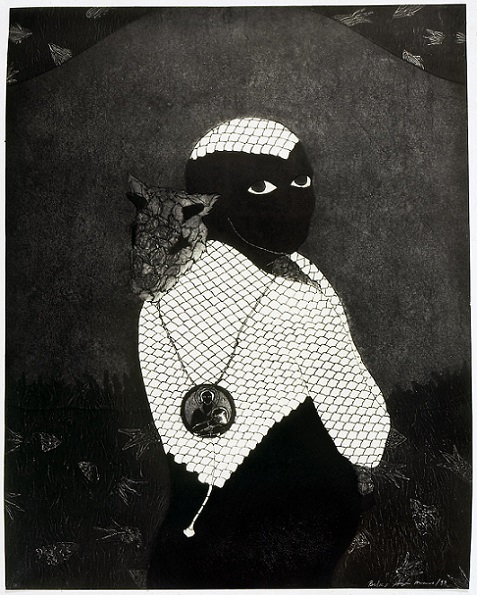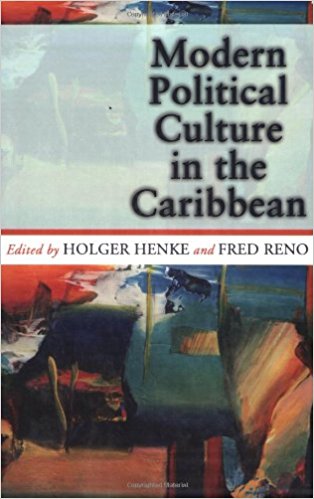7th to 9th February 2019
Female Orphan School, Parramatta South Campus
Western Sydney University
Sydney, Australia
CFP Deadline: 30 September 2018
SPEAKERS:
Michael Bucknor (University of the West Indies, Mona)
Alexis Wright (University of Melbourne)
Patrick Chamoiseau (Martinique)
Anna Cristina Pertierra (Western Sydney University)
The next of our biennial Australian Association for Caribbean Studies conferences will be held at Western Sydney University in conjunction with the Australian Research Council funded project Other Worlds. Our theme, ‘Caribbean Meridians’, spotlights the ways in which Caribbean worlds are made and the relations and alignments these worlds have with worlds elsewhere. AACS conferences are interdisciplinary and papers on all topics are considered, including from the natural sciences. Recent conferences have taken the themes of ‘Land and Water’ (Wollongong, 2015) and ‘Interiors’ (Canberra, 2017). For 2019 we are encouraging presenters to think about the ‘meridians’ that connect the peoples, cultures, ecologies, and histories of the Caribbean with those of other places around the globe.
